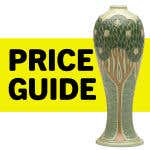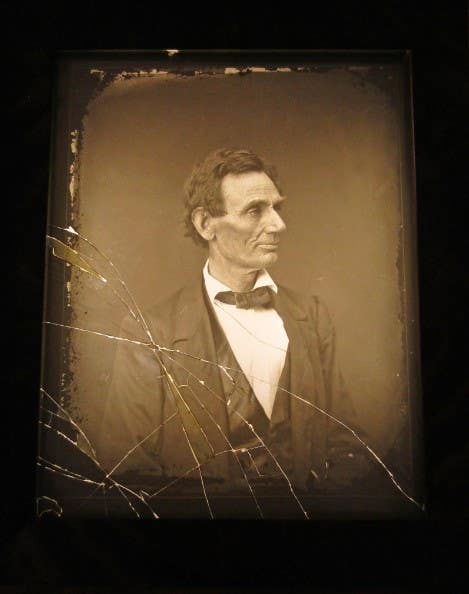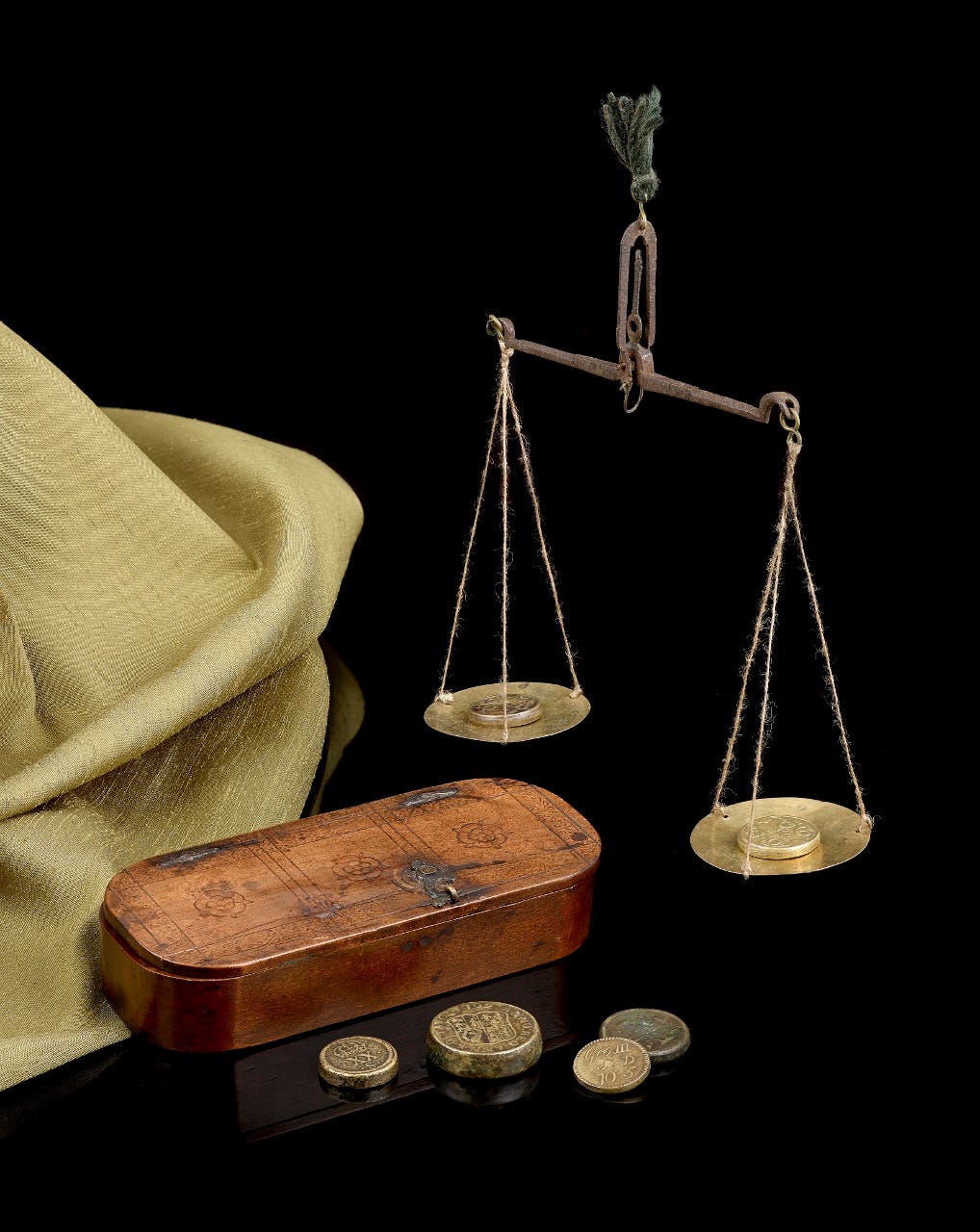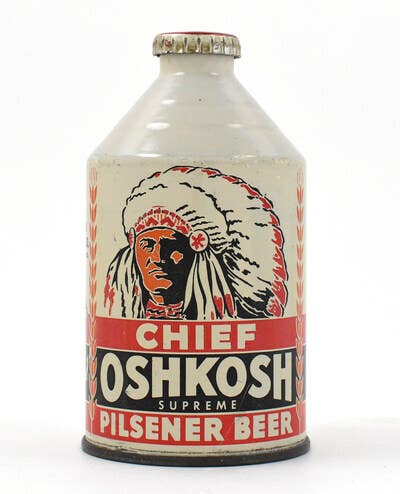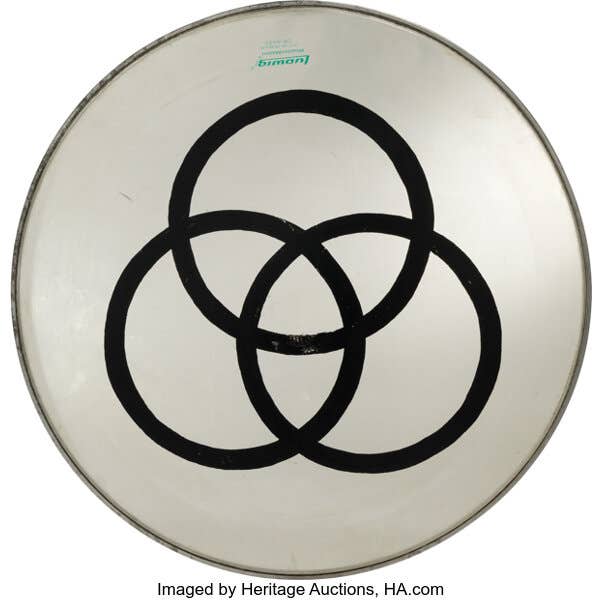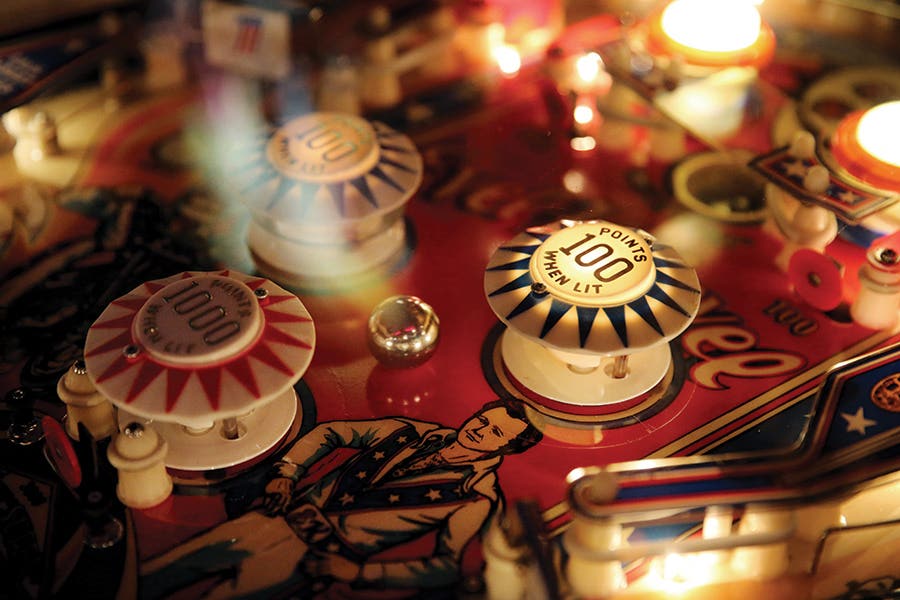Behind the Gavel: When does a hobby become a business?
In the latest Behind the Gavel column, Wayne Jordan points out the troubles that can arise from lax record keeping when purchasing items for your collections. Should you ever sell, Uncle Sam will be expecting his share of the profit.
It was apparent from the wording of his forum post that Ben was overwrought. He had just received a 1099-K from eBay and feared that he would owe the IRS a lot of money. Ben wanted forum members to advise him on how he could maneuver through his difficulty.
It seems that Ben’s uncle had passed away, and a cousin (the estate executor) wanted Ben’s help in liquidating a garage, basement and closets full of 35 years’ worth of auction acquisitions. The family was aware that Ben was an active eBay seller, and they felt he was the ideal resource for selling the items. Out of a sense of family obligation, Ben accepted the job. The estate would pay him a modest fee for his help. But the proceeds from the estate sale added to his recurring eBay income lifted Ben above the $20,000 in payments and 200 transactions needed to generate a 1099-K. The amount he would likely owe exceeded the amount the estate had paid him, and since the estate was now closed out, there was no money available to cover the shortfall.
According to Ben, his eBay selling had never before reached this sales level. Although he admitted to regularly profiting from his selling activities, Ben claimed that eBay selling was “only a hobby,” and he felt that it was grossly unfair that the government should treat him as a business, and that eBay should issue him a 1099-K.
Ben had a faulty understanding of the difference between a hobby and a business. Judging from the replies in the aforementioned forum, Ben is not alone in his confusion. I recommended that Ben consult with an accountant to sort out the “cost of goods sold” of the estate property and that doing so would significantly lower his tax bill.
If you sell items in your collection for a profit, then you owe taxes on the profit.
Of greater concern to me was the glaring misunderstanding on a forum of regular eBay sellers as to what the distinction is between a hobby and a business. Since many collectors buy and sell using online venues, perhaps this is a topic that needs some clarification.
Here it is in a nutshell: As far as owing taxes and keeping records is concerned, there is no distinction at all. It makes no difference whether you consider yourself to be a hobbyist or a business. If you sell items in your collection for more than you paid for them, then you have a profit. If you have a profit, you owe taxes on the profit. If you use your profits to buy more collectibles, the money you spend is an investment in capital assets, not an expense. Depending on the details of the sale, such profits can be either business income or capital gains, but either way they are taxable. Here’s what the IRS said regarding online auction sales in its September 2007 fact sheet:
“A person must report a gain from a sale whether he or she operates a business or not. A reportable gain is the income above the original cost or basis of the item. These gains may be business income or capital gains. Income resulting from auctions akin to an occasional garage or yard sale is generally not required to be reported. However, there may be exceptions. If an online garage sale turns into a business with recurring sales and purchasing of items for resale, it may be considered an online auction business ... Some people sell a product or service online as a hobby. This income generally must be reported and deductible expenses are limited. The deductions cannot total more than the income reported and can only be taken if deductions are itemized on Form 1040, Schedule A, Itemized Deductions.” [http://1.usa.gov/1FRYx4Y]
In other words, if you pursue online selling as a hobby and make a profit, you’re expected to report your profit and pay taxes on it. But if you suffer a loss, it’s all on you, baby. The government will not subsidize your losses.
My question to Ben and other collectors who are “eBay hobbyists” is this: Why don’t you just start a
business and be done with it?
When you operate as a business, life is deductible. You can deduct all business-related expenses: your computer, fax, phones, Internet, mileage, postage, supplies and so on with no limits. If you suffer a loss, that loss is deductible from your 1040 income (see your tax adviser). When you operate as a hobbyist, expenses related to personal, living or family matters are generally not deductible. Operating as a sole proprietor for the purposes of selling online is relatively low-risk and very inexpensive. And, the costs of setting up such a business are deductible from the gross profits of the business.
Not believing himself to have a business, Ben simply didn’t claim his recurring eBay income at all. That’s a dangerous move — and one that’s completely unnecessary. With some very basic record-keeping, Ben would know how much he paid for the items he re-sold, and could deduct that amount from the proceeds of the sale. If he sells on eBay, he no doubt has a PayPal account and receives monthly statements of his income and expenditures (shipping and supplies), so he has a built-in record of his selling expenses.
Regarding his uncle’s estate, surely he wrote a check to the estate for the net proceeds of the sale, and this amount is deductible from the 1099-K proceeds. As for the “cost basis” and “capital gain” on the items sold for the estate, that’s not Ben’s problem; it’s an estate matter. But, that’s easy enough to calculate as well.
For collectors who have lost track of what they paid for items in their collections (nobody keeps receipts for decades), it’s not that hard to establish a cost basis for calculating a capital gain on your collectibles. The IRS rules state that one must claim the lesser of an item’s adjusted basis (what you originally paid) or the item’s market value. Market value can be found by researching completed sales on eBay or WorthPoint. For tax purposes, the value of an item is the average selling price of the similar items that you researched. Print out your research, and enter the average selling price on your inventory record for proof of your cost basis.
The lessons to be learned regarding Ben? Most importantly, keep good records. If you are audited and you can’t provide documents that show how much you paid for an item or what your cost basis for the item is, the IRS may claim that your cost basis is $0, which means you will pay tax on 100 percent of your selling price instead of just paying tax on the profit.
And finally, when does a hobby become a business?
When you make the first penny of profit, that’s when.
Longtime columnist, writer, and author, Wayne Jordan is an antiques and collectibles expert, retired antique furniture and piano restorer, musician, shop owner, auctioneer, and appraiser. His passions are traveling and storytelling. He blogs at antiquestourism.com and brandbackstory.com.
